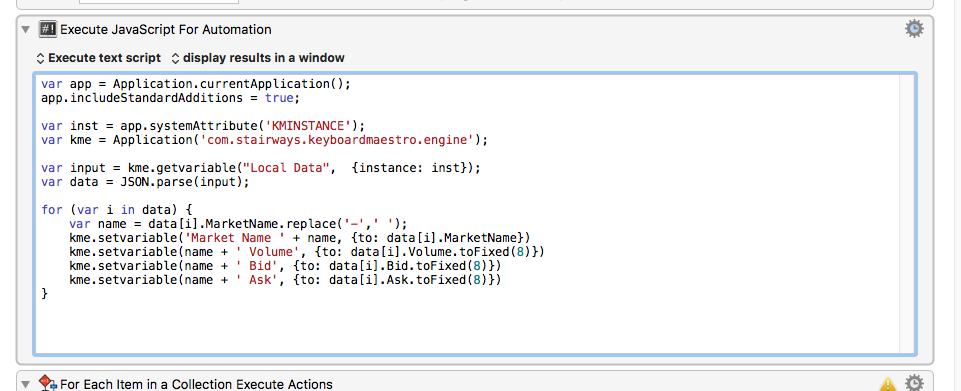

(Dictionary has no order in Python) > Ībove example will work for the JSON in the question. Order does not matter for dictionary as long as the keys, and values matches.
#Json compare in python how to#
python – How to compare two JSON objects with the same elements in a different order equal?ĭecode them and compare them as mgilson comment. This works for nested dictionaries and lists. If we apply this function to a and b, the results compare equal: > ordered(a) = ordered(b)Īnother way could be to use json.dumps(X, sort_keys=True) option: import jsonĪ, b = json.dumps(a, sort_keys=True), json.dumps(b, sort_keys=True) Return sorted((k, ordered(v)) for k, v in obj.items())

To fix that, we can define an ordered function which will recursively sort any lists it finds (and convert dictionaries to lists of (key, value) pairs so that theyre orderable): def ordered(obj): 1)value for key Name starts with lowercase + value match - Yes 2)value for key Name starts uppercase but value matches - No 3)for other keys When value does not match its - No 4)for other.

… but that doesnt work, because in each case, the errors item of the top-level dict is a list with the same elements in a different order, and sorted() doesnt try to sort anything except the top level of an iterable. When both json matches then I am not getting any output, but even if matches, i need to print values and say Yes in Difference (Yes or No) column in report. If you want two objects with the same elements but in a different order to compare equal, then the obvious thing to do is compare sorted copies of them – for instance, for the dictionaries represented by your JSON strings a and b: import json Reading JSON data from a file is quite an easy task in python as python script.

38.2s) when reading this JSON file.Python – How to compare two JSON objects with the same elements in a different order equal? Python provides json.load() method to read a file containing the JSON object. Yelp_files = "%s/data/yelp_academic_dataset_review.json" % os.getcwd()Īs expected, Python was significantly faster than R (12.5s vs. In this short article, we will see quick and easiest way to perform below two operation on Json object in python: Comparing two json object, return ‘True’ if both json are same otherwise ‘False’ If two json are not equal then find the exact difference. User.rating <- unlist(lapply(json.data, function(x) x$stars)) Json.data <- lapply(raw.json, function(x) fromJSON(x)) # format json text to human-readable text Json.file <- sprintf("%s/data/yelp_academic_dataset_review.json", getwd()) I tried to ensure that the workload in both scripts was as similar as possible, so that I can establish which language is most quickest. More specifically, I will conduct an extremely simple analysis of the famous YELP Houston-based user ratings file (~216Mb), which will consist of reading the data and plotting a histogram of the ratings given by users. Just to let the world know that I have just created jsondiff.py, which is very simple Python script to generate a JSON of differences between two JSON files. In this post, I will compare the performance of R and Python when reading data in JSON format. Below is a typical example of data in JSON format. JavaScript Object Notation is a lightweight. JSON is an open standard format in human-readable form that is used to transmit data between servers and web applications. JSON vs Python: What are the differences Developers describe JSON as A lightweight data-interchange format. A file format that I am seeing more and more often is the JSON ( Java Script Object Notation) format.


 0 kommentar(er)
0 kommentar(er)
